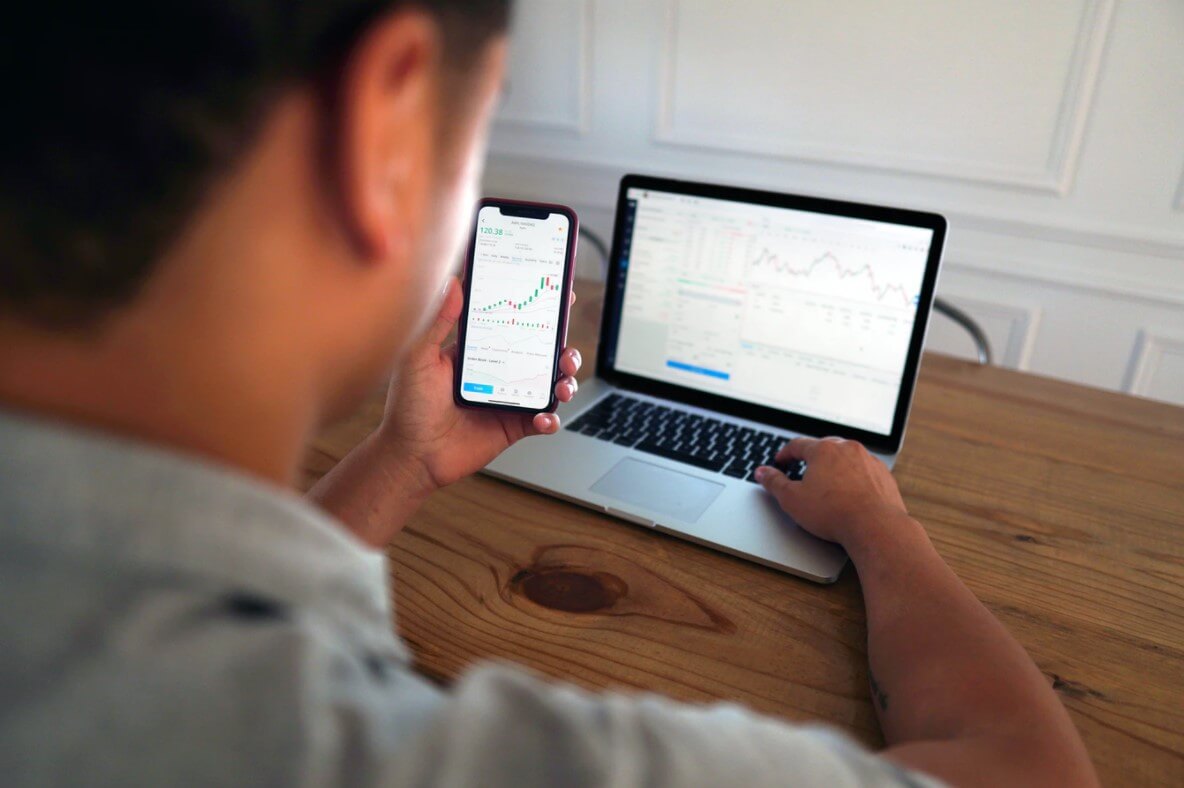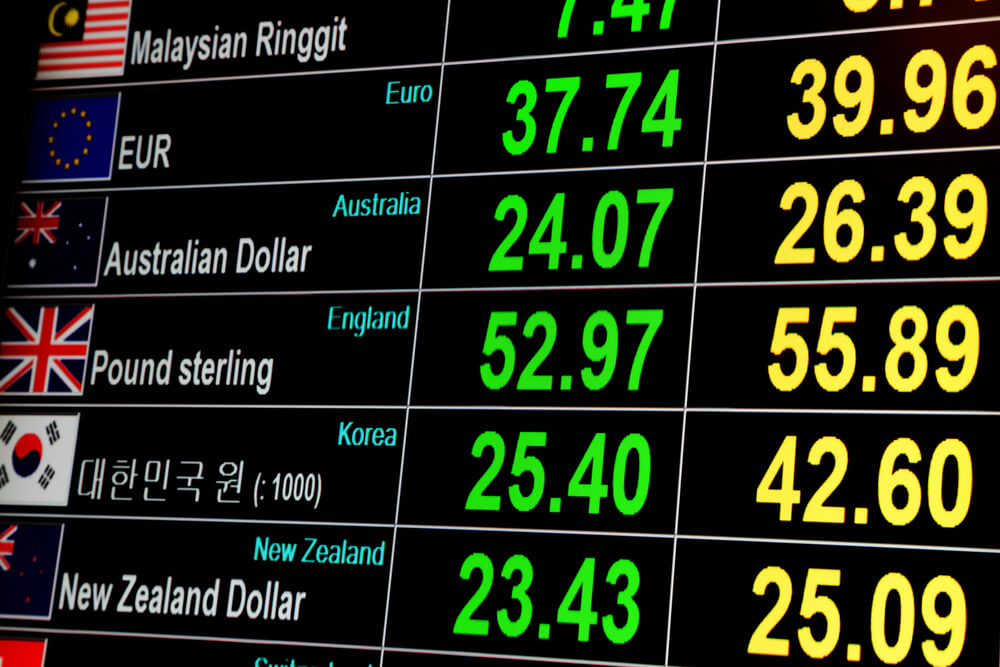When you’re searching for a broker, you’ll find many different account types and options when it comes to fees, available assets, funding methods, and so on. One of the major things that traders look at are the spreads offered by various brokers, as the differences in these fees can be large and will make a big impact on the amount of profits that you actually bring home. Brokers generally profit through two different fees – commissions and spreads. The spread is the difference between the bid and ask price on an instrument. For example, on the pair EURUSD, an average spread is around 1.5 pips.
However, some brokers widen the spread to 2 pips or even higher, which puts clients at a disadvantage. Much like comparing car insurance, traders need to be able to compare the spreads offered on different account types and through different brokers to find the best deal possible. Otherwise, they will lose a great deal of profits to inflated fees when they could have chosen a broker that offered more competitive pricing.
As mentioned above, you want to look for spreads of around 1.5 pips on the pair EURUSD. Don’t expect to see this on every available instrument, as spreads on exotics and some minor currency pairs can climb much higher. If you see a good spread offer, you still aren’t done, as you’ll need to know whether the spread is floating or fixed.
Floating spreads are more common in the forex market and this means that the difference between the bid and ask price is constantly changing. If a broker advertises floating spreads from 1 pip on a currency pair, you still might see a spread of 1-2 pips or higher for that same pair. Brokers are also likely to charge commission fees if they offer a floating spread. You’ll want to check to see if the broker lists each instrument they offer and the starting spreads for each pair on their website so that you can see the different starting spreads. If a broker advertises starting spreads from 1 pip but doesn’t go into more detail, you should expect to see this on some major currency pairs with higher spreads on other instruments.
Unlike floating spreads, which constantly change, fixed spreads are set at their exact value and give traders a more solid foundation of knowing exactly what they will pay. The downside with this type of spread is that it is usually higher than the lowest point with a floating spread. For example, if the broker offers floating spreads from 1 pip on EURUSD, you might see a fixed spread of 2 pips or higher for the same pair. Low fixed spreads are advantageous, while higher fixed spreads mean you will wind up paying more money to trade.
When it comes to deciding which type of spread is better, you’ll have to take a look at each broker’s specific offer. You also might have to look around if you prefer a certain type of spread, as many brokers only offer one type or the other, while some offer different account types with different kinds of spreads. In our opinion, the best kind of spread is fixed, but it must be narrow. If the spread is fixed at a high value, it is usually better to go with a floating spread.



